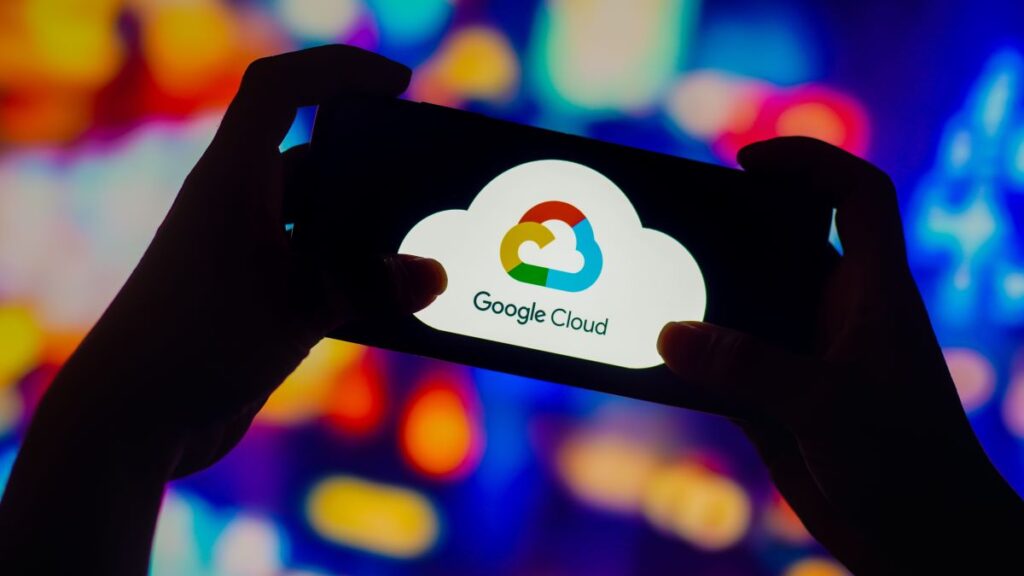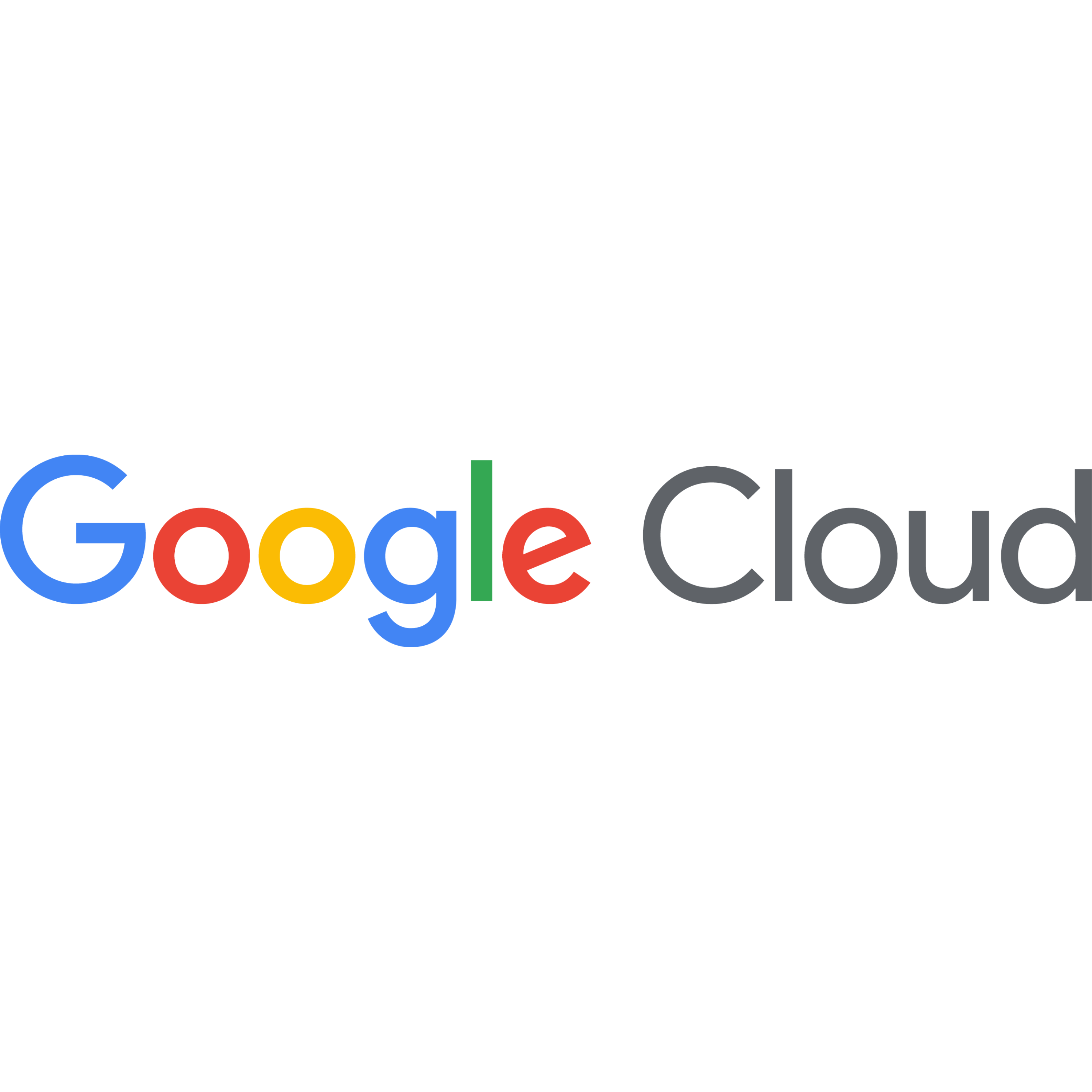
As business customers pursue lofty new aspirations in the AI Revolution and the world’s top cloud and AI vendors promisculously join forces to deliver appropriate new solutions, Google Cloud has distinguished itself as the world’s most ambitious and wide-ranging partner, a status underscored by this week’s broad and deep expanded partnership with Salesforce.
The big outcome for customers is greater opportunities for growth and innovation stemming from two world-class companies aligning on multiple fronts to create shared solutions that neither Salesforce nor Google Cloud could provide on its own.
On top of that, this landmark alliance between the two powerhouses — Google Cloud and Salesforce have combined annual revenue of about $80 billion — represents an accelerating and deeply strategic trend among the Cloud Wars Top 10 to use partnerships to enable customers to execute wide-ranging business transformations more rapidly and successfully.
I’ll analyze this latest development in three parts:
- the unique and powerful capabilities of the Salesforce/Google Cloud alliance;
- the specific areas of collaboration those two companies are rolling out this year; and
- my views on why this latest partnership makes Google Cloud the world’s #1 company for AI partnerships.
1. Huge Potential Value for Business Customers
For business leaders looking to align themselves with winning players in that AI Revolution, Salesforce and Google Cloud present a compelling possibility.
Salesforce:
- the world’s largest enterprise-applications vendor, narrowly edging out SAP, which for calendar 2024 had revenue of $36.2 billion versus about $37.5 billion for Salesforce;
- an early and ambitious AI pioneer that has been as aggressive as any software company in the world in infusing AI technology and capabilities across its massive product line;
- a huge player in the Data Cloud space, with CEO Marc Benioff frequently describing the Salesforce Data Cloud as the fastest-growing product in the company’s history; and
- very likely the world leader in agentic AI, with thousands of paying Agentforce customers and a coherent and customer-oriented strategy for putting the power of the entire company behind Agentforce.
Google Cloud:
- the world’s fastest-growing major cloud vendor, with Q4 revenue up 30% to $12 billion;
- arguably the world leader in AI technologies, from infrastructure to Gemini models to open technology and the Vertex AI development platform and more;
- a huge player in analytics (BigQuery), databases, security (threat intelligence), and industry-specific applications; and
- an ambitious and innovative ecosystem-builder with an unsurpassed commitment to technology openness and to not allowing its competitive challenges to become problems for customers.
2. What the Expanded Partnership Offers
Against that backdrop, it would be mistaken at best and foolish at worst to regard the wide-ranging expansion of the Salesforce/Google Cloud partnership as just another in a series of nice but unexceptional such interconnections. Because in this case, Google Cloud and Salesforce are aligned with many of the major business-technology priorities that companies across the world are facing today: AI agents, powerful AI-enhanced applications, and world-class cloud and AI infrastructure. Here’s a snapshot of how the companies are collaborating in each of those areas of such vital significance to customers, as described in the Salesforce press release:
Agentforce gains Gemini multi-modal capabilities: “Agentforce will be able to use Google’s Gemini models, allowing agents to work with images, audio, and video, handle more-complex tasks using Gemini’s multi-modal capabilities and two-million-token context windows, and act using real-time insights and answers grounded in Google Search with Vertex AI”;
AI-powered integrated applications: “Salesforce Service Cloud will become more tightly integrated with Google Customer Engagement Suite, bringing enhanced AI-enabled contact center capabilities including real-time voice translation, intelligent agent-to-agent handoffs, personalized agent recommendations, and AI-driven conversational insights across all channels”; and
All Salesforce solutions will run on Google Cloud infrastructure: “Salesforce’s Agentforce, Data Cloud, and Customer 360 Apps will run on Google Cloud infrastructure, with access to new regions and simplified procurement through the Google Cloud Marketplace.”
As I see it, the scale and scope of the expanded Salesforce partnership is a clear reflection of Google Cloud’s overall philosophy toward its global ecosystem: create new and customer-centered opportunities that reflect the emerging nature of a business world powered by data and AI.
The president of Google Cloud’s global partner ecosystem, Kevin Ichhpurani, outlined the approach in an email comment. “This expanded partnership with Salesforce is truly unique. It spans the full spectrum of modern enterprise needs, from robust cloud infrastructure and agentic AI, seamless customer service, and enhanced collaboration. This breadth of integration, powered by Google Cloud, is a scope and depth that only we can deliver.”

AI Agent & Copilot Summit is an AI-first event to define opportunities, impact, and outcomes with Microsoft Copilot and agents. Building on its 2025 success, the 2026 event takes place March 17-19 in San Diego. Get more details.
3. Why Google Cloud Deserves Billing of #1 AI Partner
Clearly, the Salesforce deal ups the ante for other Cloud Wars Top 10 vendors in the category of what we used to call “enterprise apps” but that has recently morphed quite dramatically into “apps + platform + agents + data” vendors that have existing partnerships with Google Cloud. In particular, I’m thinking about SAP and Workday.
In the near term, I expect some big news regarding an updated partnership between SAP and Google Cloud to emerge over the next few months, possibly coming at Google Cloud’s big Next event in April or at SAP’s Sapphire event in May. With the AI Revolution proceeding at a pace unlike anything we’ve ever seen before, the alliance that the companies announced a year ago — while still perfectly fine for what it covers — leaves enormous gaps related to what’s happened in those past nine months: advances in models, data, integration, agents, security, and much more.
More broadly, Google Cloud has strategically aligned with five powerful Cloud Wars Top 10 companies in various ways to provide new and significant value to customers:
Oracle: six months ago, the transformational Oracle Database@Google Cloud deal emerged;
SAP: in June 2024, a new agreement with Google Cloud was forged around AI, data, security, and infrastructure;
ServiceNow: one month ago, began creating new customer opportunities by making more of its products available on Google Cloud and to Google Cloud customers;
Workday: made its solutions and apps available on Google Cloud infrastructure and via its Marketplace nine months ago; and
Salesforce, as outlined above.
Final Thought
I’ve noted many times over the past 12-18 months that go-to-market innovation and boldness have become just as vital in the Cloud Wars as pure technological innovation because those re-imagined ways of getting new and enhanced capabilities into customers’ hands is essential in today’s blindingly fast and increasingly complex business environment.
And with the Salesforce deal and others as outlined above, Google Cloud has over the past year demonstrated that in these crazy early days of the AI Revolution, it is setting the pace for not only AI innovation but also for partnerships that bring huge new value to customers.
Ask Cloud Wars AI Agent about this analysis











